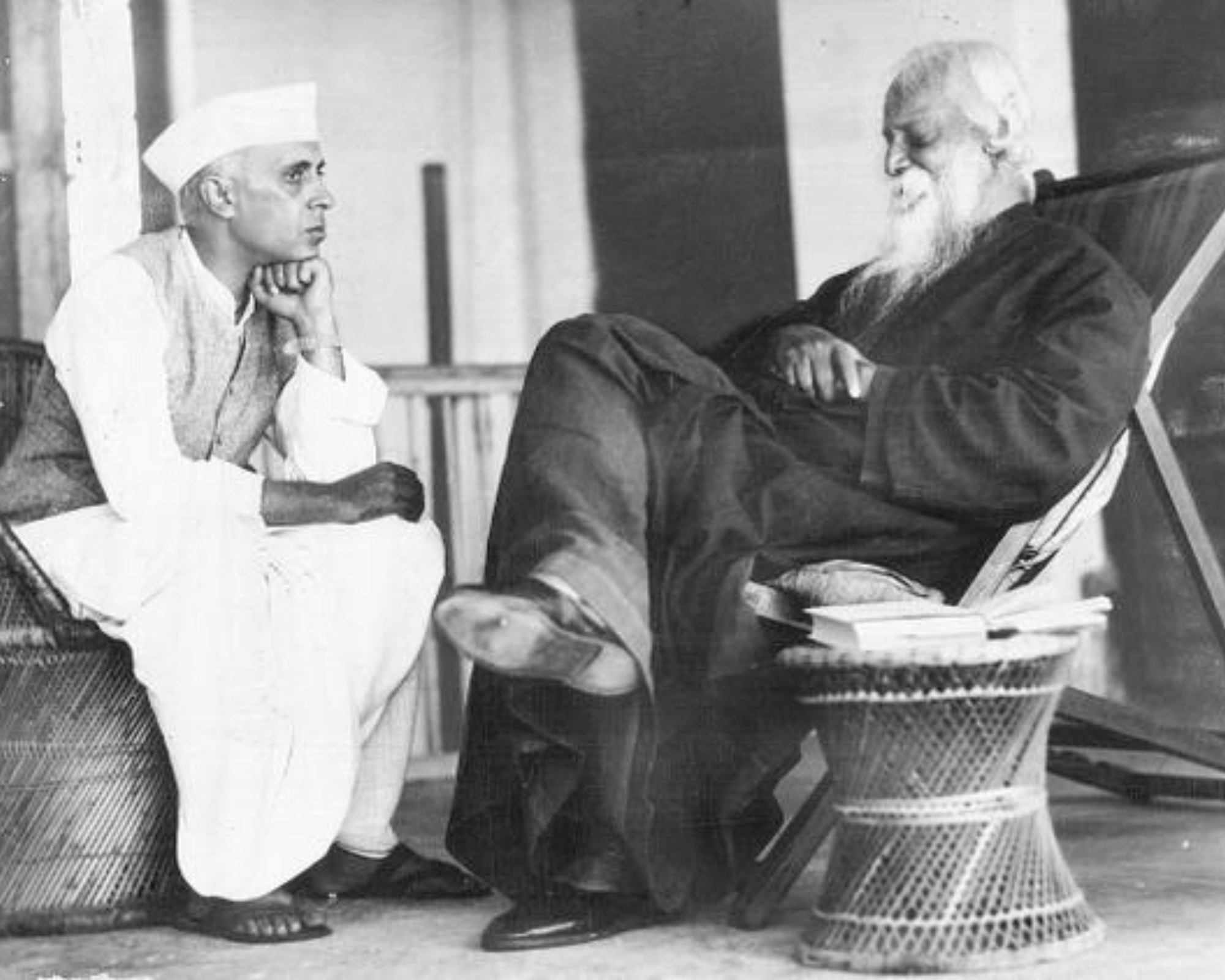7 Essential Readings of Rabindranath Tagore: A Journey Through Timeless Literature

Rabindranath Tagore, a literary genius, philosopher, and the first non-European to win the Nobel Prize in Literature, is a towering figure in world literature. Born in 1861 in Bengal, India, Tagore's works transcend cultural and linguistic boundaries, delving deep into themes of love, spirituality, nature, and human connection. His profound writings have inspired countless readers, making him one of the most celebrated authors in history.
Tagore’s contributions include poetry, novels, short stories, essays, and plays that reflect his unique vision of life and the world. If you’re new to his works or wish to revisit his genius, here are seven essential readings that capture the essence of his literary brilliance.
1. Gitanjali (Song Offerings)
Genre: Poetry
This Nobel Prize-winning collection of poems is Tagore's magnum opus. Gitanjali explores themes of spirituality, devotion, and the divine connection between humanity and the universe. It is a deeply introspective work that continues to resonate with readers seeking meaning and solace in life.
Why Read It?
The verses offer profound reflections on life, love, and the soul’s yearning for unity with the infinite.
2. The Home and the World (Ghare Baire)
Genre: Novel
This novel is a powerful exploration of love, patriotism, and the clash of traditional and modern values during India’s independence movement. The narrative revolves around a love triangle and raises questions about personal and national identity.
Why Read It?
It beautifully captures the tension between the personal and political, making it relevant even today.
3. Kabuliwala
Genre: Short Story
One of Tagore’s most beloved short stories, Kabuliwala is a touching tale of friendship between a fruit seller from Afghanistan and a little Bengali girl. The story highlights themes of love, humanity, and the bonds that transcend cultural and social barriers.
Why Read It?
Its simplicity and emotional depth make it a timeless masterpiece.
4. Chitra
Genre: Play
This lyrical drama reimagines a tale from the Mahabharata, focusing on Princess Chitrangada’s journey of self-discovery, love, and empowerment. It reflects Tagore’s progressive views on gender and individuality.
Why Read It?
It is a poetic celebration of inner strength and beauty, offering timeless lessons on self-worth.
5. Stray Birds
Genre: Poetry
This collection of short, aphoristic poems brims with wisdom and celebrates the beauty of nature and the fleeting moments of life. Each verse is a standalone gem that sparks introspection and wonder.
Why Read It?
Its brevity and insight make it perfect for readers who enjoy thought-provoking poetry.
6. The Post Office (Dak Ghar)
Genre: Play
This poignant play tells the story of a terminally ill boy confined to his room, longing to experience the world beyond. The story is a metaphorical exploration of life, death, and the human spirit’s quest for freedom.
Why Read It?
Its simplicity and profound symbolism make it a masterpiece in world drama.
7. Crescent Moon (Shishu)
Genre: Poetry
This collection of poems celebrates childhood and the innocence of a child’s perspective on the world. The verses brim with tenderness, imagination, and the joy of discovery.
Why Read It?
It’s a heartfelt tribute to the purity of a child’s mind, appealing to readers of all ages.
Rabindranath Tagore’s works are a treasure trove of wisdom, beauty, and emotional depth. His writing transcends time and space, offering insights into the complexities of human existence and the universal quest for truth and harmony. Whether you’re drawn to his poetry, novels, or plays, each work provides a unique window into Tagore’s profound philosophy and artistic brilliance.
As you explore these essential readings, you’ll find yourself immersed in the timeless world of Rabindranath Tagore, whose words continue to inspire and elevate the human spirit. His legacy reminds us of the transformative power of literature in bridging cultures, igniting emotions, and fostering a deeper understanding of life.